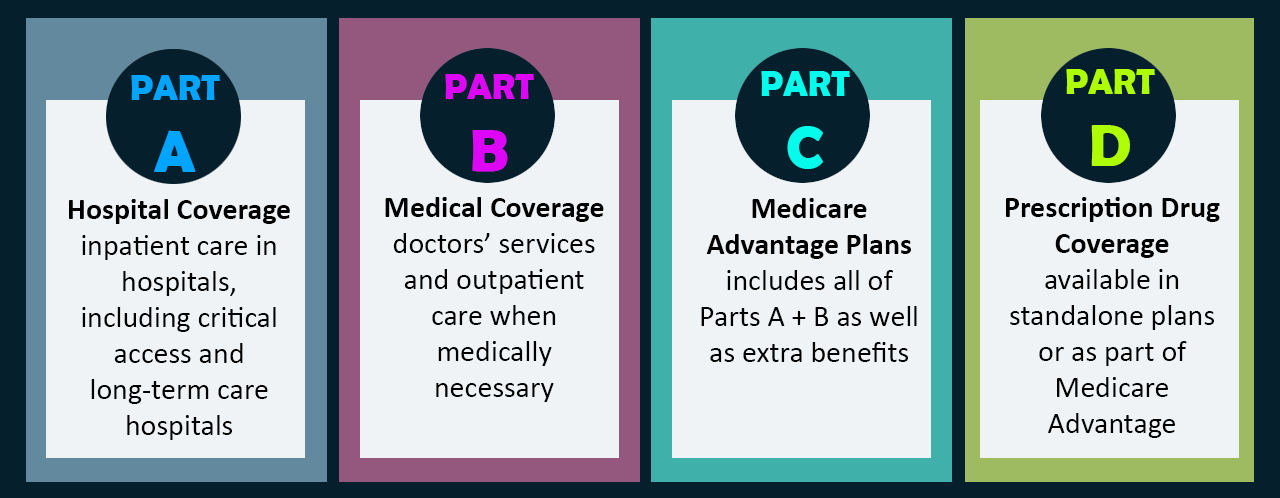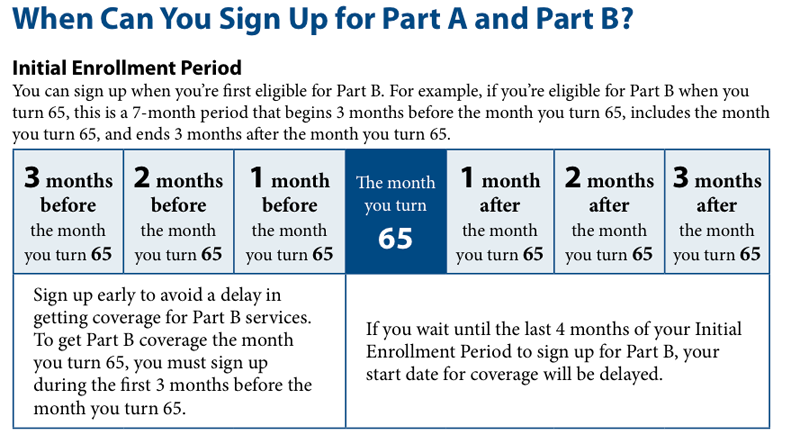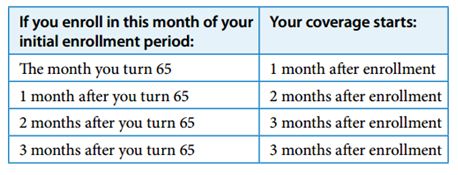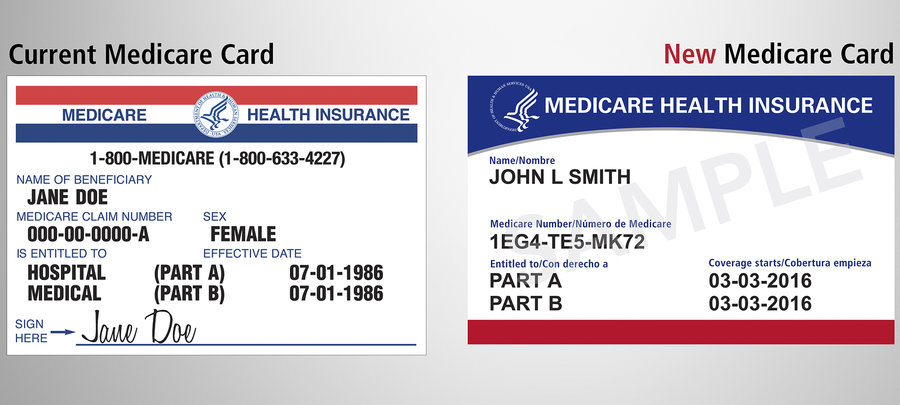Medicare 101
If you’re new to Medicare I’m sure you’re confused and overwhelmed, don’t worry, most seniors are. Stop worrying, you’ve come to the right place for answers to your Medicare questions. Now you can relax, you don’t have to worry about all the pieces of mail and phone calls you’re receiving from agents. You can discard the mailings and stop talking to agents, Senior Insurance Selection is here to answer your questions. We’re trusted advisors to senior’s like yourself and would love to be your trusted advisor. Since you have questions, lets get started.
When was Medicare started?
In July 1965, under the leadership of President Lyndon Johnson, Congress enacted Medicare under Title XVIII of the Social Security Act to provide health insurance to people age 65 and older, regardless of income or medical history.
Why was Medicare started?
Medicare was started because people over 65 found it virtually impossible to get private health insurance.
How is Medicare funded?
Medicare is paid for through 2 trust fund accounts held by the U.S. Treasury. These funds can only be used for Medicare.
- Hospital Insurance (HI) Trust Fund- pays for Part A and Medicare program administration. HI is funded through Payroll taxes paid by most employees, employers and people who are self-employed. Other sources, like income taxes paid on Social Security benefits, interest earned on the trust fund investments, and Medicare Part A premiums from people who aren’t eligible for premium-free Part A.
- Supplementary Medical Insurance (SMI) Trust Fund – pays for Part B, Part D and Medicare program administration. SMI’s funds are authorized by Congress, Premiums from people enrolled in Medicare Part B (Medicare Insurance), Medicare prescription drug coverage (Part D) and Other sources, like interested earned on the trust fund investments.
Who were the first beneficiaries?
At the 1965 signing ceremony, Johnson enrolled Former President Harry Truman as the first Medicare beneficiary and gave him the first Medicare card, Truman’s wife Bess got the second.
What is Medicare?
Medicare currently provides health insurance for 57.7 million United States (U.S.) citizens. That’s approximately 1 in every 6 Americans.
Medicare is health insurance for generally 3 groups of people:
- Those who are 65 and older.
- People under 65 with certain disabilities who have been entitled to Social Security disability benefits for 24 months. This includes people with Amyotrophic Lateral Sclerosis (ALS, also known as Lou Gehrig’s disease), however, they don’t have a waiting period.
- People of any age who have End-Stage Renal Disease (ESRD), which is permanent kidney failure that requires a regular course of dialysis or a kidney transplant.
A very small group of people can get Medicare based on a federally-declared environmental health hazard who have an asbestos-related condition associated with that hazard. Currently, it only applies to individuals affected by a hazard in Libby, Montana.
Which governmental agency administers Medicare?
- Medicare is administered by the Centers for Medicare & Medicaid Services (CMS). CMS is a federal agency within the United States Department of Health and Human Services (HHS) that administers the Medicare program and works in partnership with state governments to administer Medicaid
- The Social Security Administration (SSA) is responsible for enrolling most people in Medicare.
- The Railroad Retirement Board (RRB) is responsible for enrolling railroad retirees in Medicare.
Both the Social Security and Railroad Retirement Board collect premiums and determine the amounts of the Part A (if you must pay for it) and Part B premiums. They also handle replacement Medicare cards.
What does Medicare cover? What are the parts of Medicare? How does Medicare work?
Medicare consist of four parts those parts are:

- Part A covers hospitalization & skilled nursing care.
- Part B covers doctors visits, medical tests and medical treatments.
- Part C Medicare Advantage This is another way to get your Medicare through private insurance companies. Medicare Advantage Plans may also provide Part D prescription drug coverage.
- Part D is prescription drug coverage.
Original Medicare only consist of Part A and Part B. Your Medicare card will only feature Part A and Part B. Part C and D are purchased from private insurance companies that have contracts with CMS. To get Part A and/or Part B, you must be a U.S. citizen or legal resident (for at least 5 years in a row) in the U.S. If you live in Puerto Rico, you must actively enroll in Part B.
What is not cover by Part A and Part B?
Medicare doesn’t cover everything. If you need certain services Medicare doesn’t cover, you’ll have to pay for them yourself unless you have a Medicare Advantage or Medicare Supplement (Medigap) Plan that covers them.
Some of the items and services that Medicare doesn’t cover include:
- Long-term care (also called custodial care);
- Most dental care;
- Eye examinations related to prescribing glasses;
- Dentures;
- Cosmetic surgery;
- Acupuncture;
- Hearing aids and exams for fitting them; and
- Routine foot care.
To determine if your test or medical procedure is covered.
When I’m I automatically enrolled in Medicare?
You’re automatically enrolled in Part A and Part B if you’re currently receiving the following:
- Social Security or Railroad Board Retirement Benefits and turning 65 you will receive your Medicare card three months before your 65th birthday; or
- Disability benefits for at least 25 months. You will receive your Medicare card three months before your 25th month of receiving disability benefits.
If I’m not automatically enrolled, when do I enroll?

When will my coverage start if I’m not enrolled automatically.

How do I enroll in Medicare if I’m not automatically enrolled?
You can enroll in Medicare Part A and/or Medicare Part B in the following ways:
- Online at www.SocialSecurity.gov.
- By calling Social Security at 1-800-772-1213 (TTY users 1-800-0778), Monday through Friday, from 7AM to 7PM.
- In-person at your local Social Security office.
- If you worked at a railroad, enroll in Medicare by contacting the Railroad Retirement Board (RRB) at 1-877-772-5772 (TTY users 1-312-751-4701). You can call Monday through Friday, 9AM to 3:30PM, to speak to an RRB representative.
How will my Medicare card look?
In 2018, to prevent Medicare beneficiaries from being defrauded the new Medicare cards will no longer contain a social security number.

in, feugiat at ex. Aliquam venenatis vel eros id imperdiet. Curabitur sapien turpis, mattis mattis massa vel, posuere vehicula quam. Interdum et malesuada fames ac ante ipsum primis in faucibus. Sed tincidunt eget orci eu maximus. Nunc quis mi porttitor, ultricies nulla et, finibus diam.
s